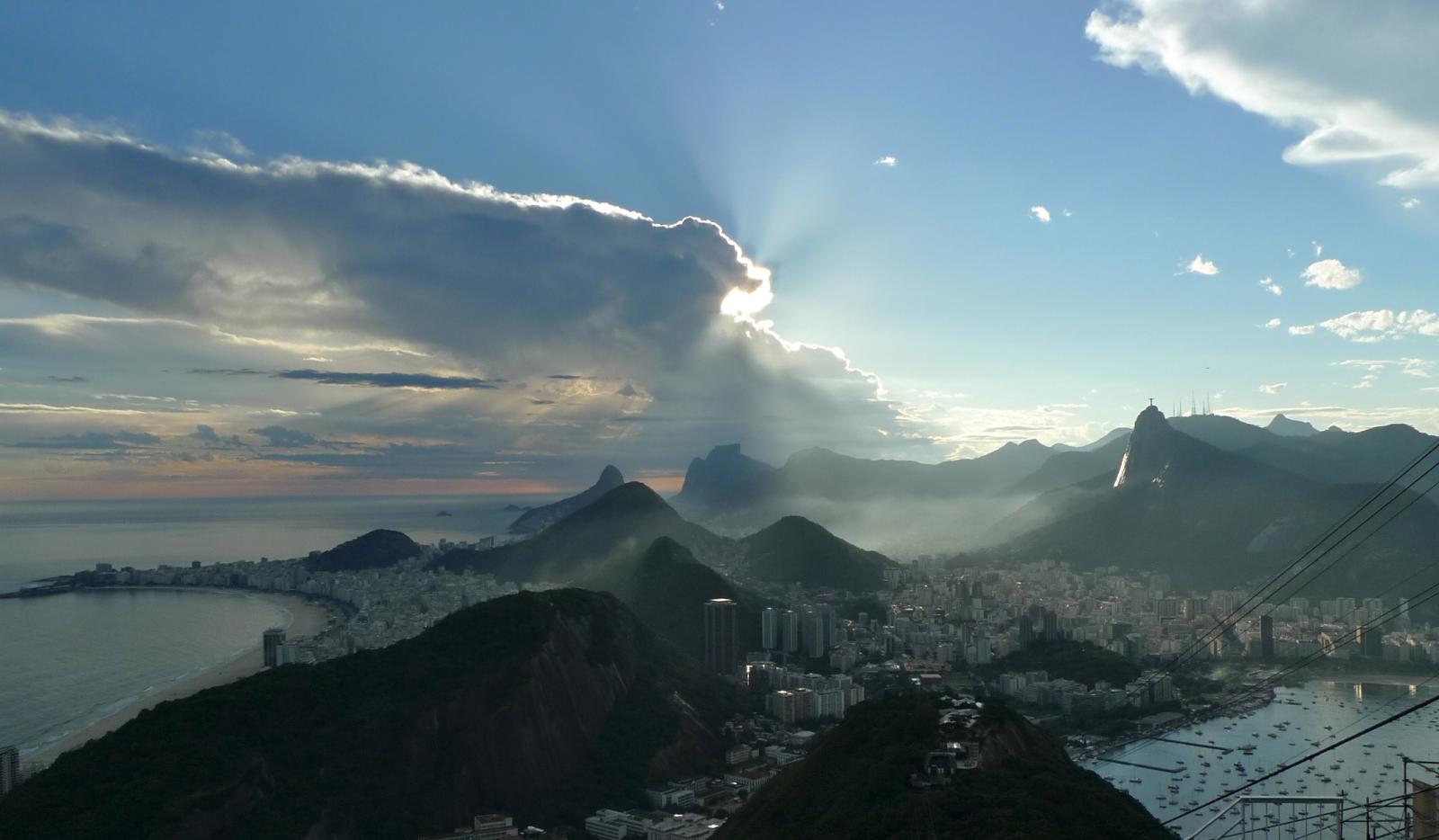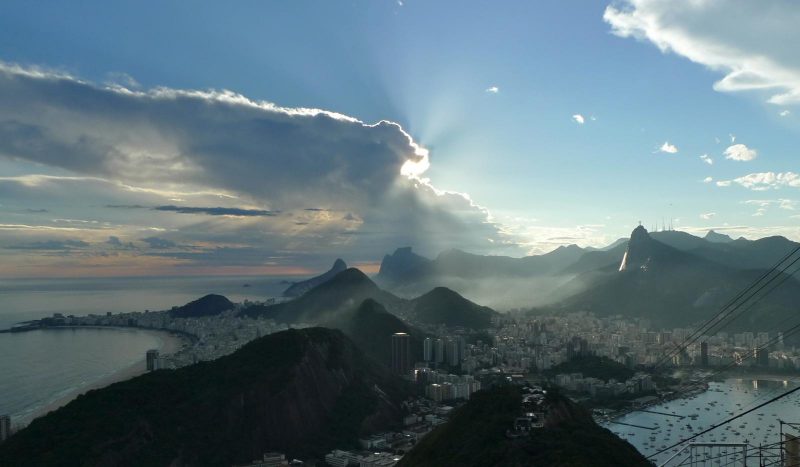Rethinking the location of the Rio Olympics


It shouldn’t come as a surprise to anyone that there was extreme controversy and fear surrounding the location of the Olympics this year. It brought up the question of whether or not the Olympics, or any sporting or media event, is worth more than the lives of the citizens, or the politics of the host country.
The issue with events like this is that for a month, people tend to forget that other things are still going on in the world. Though it is a nice break from reality to watch a world united in sport, we cannot forget about the people who remain suffering and exposed for the sake of medals and pride.
The political instability in Brazil has reached an all time high in the months leading up to the Olympics, but they seem to have been overlooked in the excitement of the games.
President Dilma Rousseff has been suspended from office for the duration of her impeachment trial, in which she is accused of manipulating government accounts for her own financial benefit, which she denies. Vice-president Michel Temer has been serving in her place, which people are also angry about, given that his name has been brought up as an accomplice to Rousseff’s alleged crime.
Protests have been breaking out all over the country, some turning violent due to police intervention.
It also doesn’t seem right that Brazilian citizens have been living in extreme poverty since the recession began in 2013, but they can somehow afford the $15 billion Olympic games.
The country has been on a steady decline in terms of its financial status since its successful bid for the games in 2011. Brazil ranks extremely low in terms of education, health care and employment, especially in recent months given the political instability. Many Brazilians have been protesting that the money that was spent on the Olympics would have been better spent improving the education and health care.
The Brazilian government retaliated by claiming that the Olympic games infrastructure actually created jobs for citizens, but failed to mention that they were severely underpaid and could not even afford to attend their own games. And people were wondering why the stands were empty.
The bacteria infested waters of Rio were also fear of Olympians, particularly athletes who had to compete in water. Experts have said that any athlete that swallows 2-3 tablespoons of the water will have a 99 per cent chance of getting a virus.
The open waters have been compared to raw sewage in terms of bacterial and virus infestation. Some athletes have already reported getting sick and others dropped out due to the sheer fear of their health.
But this is what the Brazilians have to face every day. They can’t simply drop out of a race to avoid the health implications, nor can they get the same healthcare that the athletes have when they do get sick.
The Zika virus is also something that the citizens can’t get away from. But this was even a joke when the media focused on the amount of condoms in Olympic village, rather than the health implications of why they were there.
It is no surprise that host countries have to go through a lot of trouble in order to improve the infrastructure to host the Olympics, but the amount of people who were displaced without financial compensation is just not right.
There’s also the question of shared media attention while Olympics were running. Argentina and Brazil spent days protesting a culture of male superiority and domestic abuse during the games, using artistic retaliation and peaceful protests. But all media attention was on the athletes.
This sparked outrage amongst the activists, who feel there are bigger issues than the Olympics. This outrage resulted in police interference, which turned violent on multiple occasions.
The Olympic games are absolutely a time to bring the world together and celebrate the best qualities of cooperation, but that shouldn’t result in the suffering of the local people. The Olympics are important, but they’re not worth lives.


